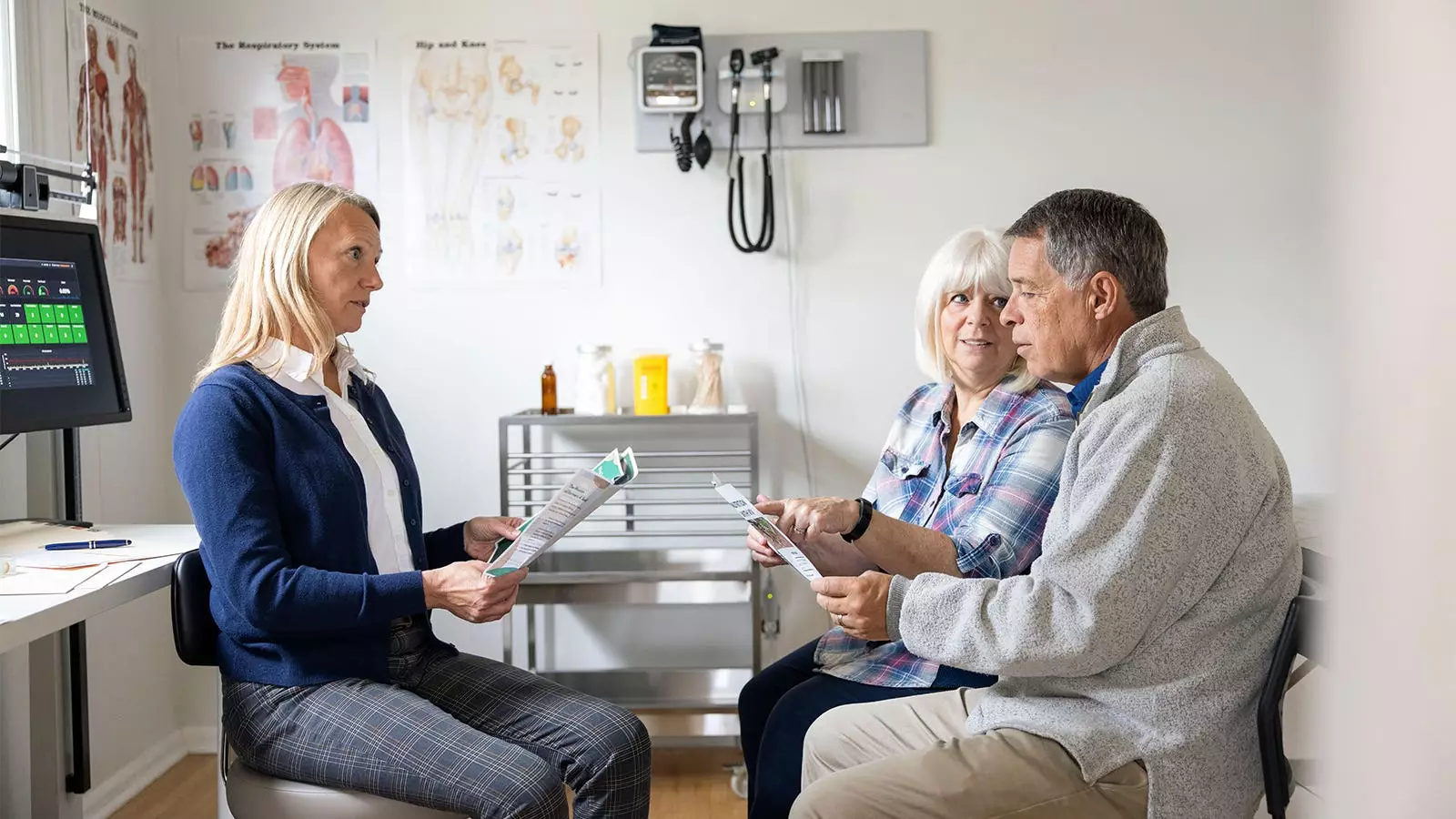Colorectal cancer (CRC) screening plays a crucial role in early detection and prevention of this deadly disease. However, the benefits of screening are not uniform across all age groups, and the potential harm increases as individuals get older. This presents a challenge for healthcare providers and patients in making informed decisions about screening. In a recent cluster randomized trial involving U.S. veterans, researchers investigated the impact of personalized information on screening rates and order alignment with benefit.
The study, conducted at two VA facilities, included 431 veterans aged 70 to 75 years who were attending a primary care visit. All participants were at average risk for CRC and were due for screening. The intervention group received a detailed decision-aid booklet personalized to their age, sex, prior CRC screening, and comorbidities. The control group received a non-personalized booklet. Both groups received primary care physician education and system-level modifications to support personalized screening.
The researchers found that 62.8% of participants who received personalized information were given screening orders within 2 weeks of their visit, compared to 65.9% of control patients. Although this difference was not statistically significant, it suggested a trend towards better alignment with benefit in the intervention group. Subgroup analysis revealed that patients in the highest-benefit quartile had higher rates of screening orders in the intervention group compared to the control group (67.6% vs. 52.2%).
Interestingly, fewer patients in the intervention group underwent screening at 6 months compared to the control group (41.4% vs. 55.9%). This unexpected finding raises questions about the long-term impact of personalized information on actual screening rates. Further research is needed to determine whether this discrepancy persists over time.
Personalized information has the potential to enhance shared decision-making between patients and physicians. By providing tailored information on age and related risks and benefits, patients can make more informed choices about screening. This study highlights a step towards patient-centered approaches in CRC screening decision-making. However, it is essential to note that this study was conducted among veterans and may not be generalizable to the broader population.
Aasma Shaukat, MD, MPH, an expert in the field, praised the researchers’ efforts in designing the educational intervention. She emphasized the potential of personalized informational booklets as additional tools for primary care physicians in discussing shared decision-making with patients. However, she also noted that the study’s limitations, such as its focus on veterans and exclusion of patients aged 76 and older, warrant further investigation and generalizability.
Personalized information about the benefits and risks of CRC screening showed some promise in aligning screening orders with benefit in a population of U.S. veterans. However, this study also raises concerns about the impact on actual screening rates in the long term. Moving forward, healthcare providers and researchers should explore strategies to ensure that personalized information translates into improved screening rates without leading to unintended consequences. By embracing patient-centered approaches, we can strive for more effective and tailored approaches to CRC screening that optimize health outcomes for individuals across all age groups.


Leave a Reply